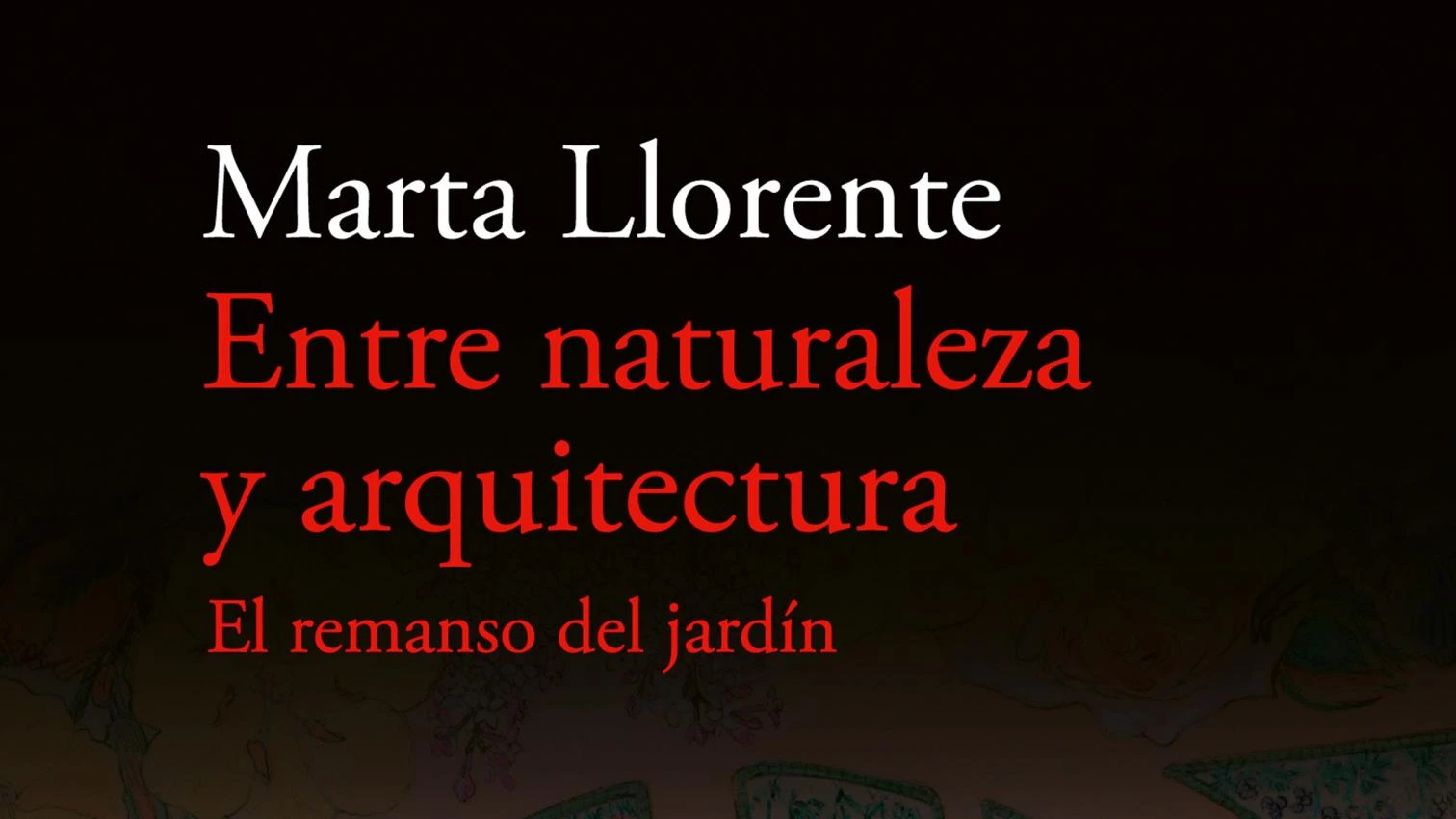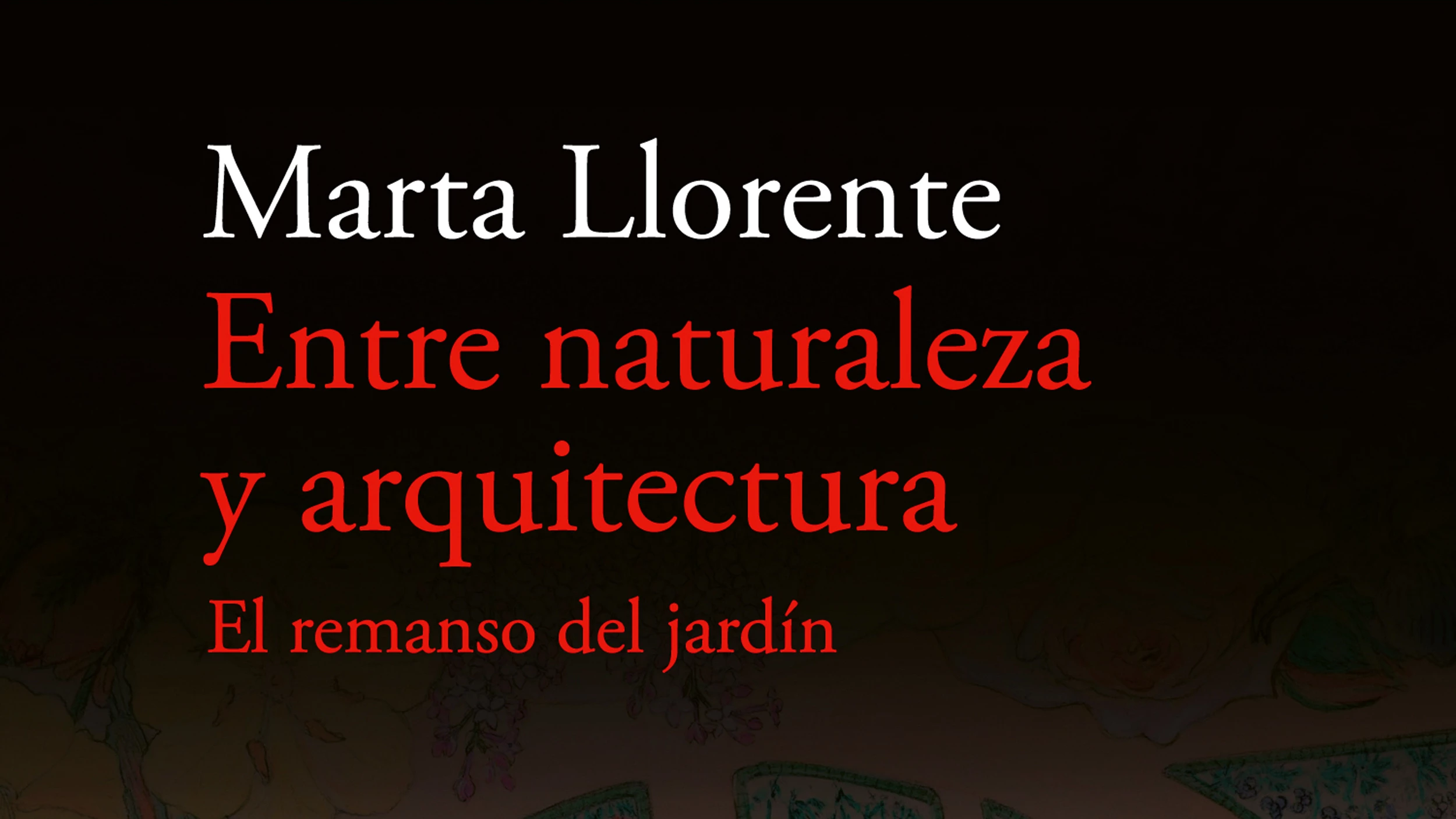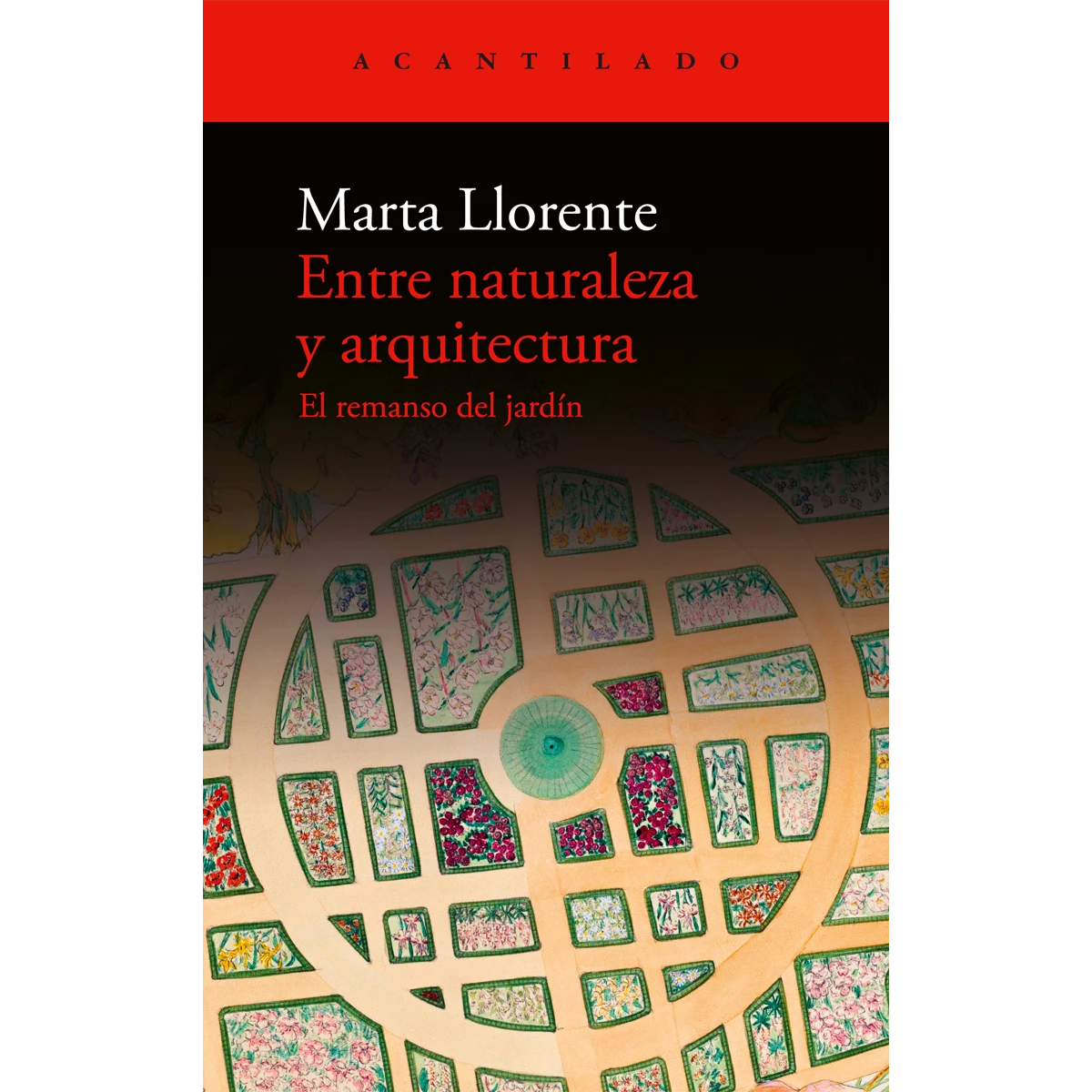
This is a personal exploration of gardens that the author is drawn to, and her aim is to grasp the meaning of these somehow ‘unreal’ places without which “architecture feels incomplete.” She follows no clear order, preferring an erratic round of visits to living spaces which differ from the constructs that makes us ‘civilized beings.’ The book is a homothety of the garden. You discover it as you wander, and surprise is of the essence, resulting in a unique experience, for “the fortuitous has a special power to shape memory.”
Llorente blends her text with writings and verses by others, and with photos she takes along the way, plus nuggets of knowledge of varied provenance, weaving a web that connects us to our mythological origins as described in Genesis. Literary gardens overlap with stories of Bomarzo’s Sacro Bosco, Versailles, the Alhambra, or Madrid’s Retiro, and with the author’s strolls through them or her experiences while writing the book in the Pyrenees, in the lone winter she spent there during lockdown.
What does the future hold for the garden? With its indispensability now certified and its exceptionality and exclusivity a thing of the past, what is a democratic garden? A dense network of paths leading back to original nature? Can the network be urban? How can we keep from losing sight of urbanity and efficiency in occupying territory? The garden has no minimum size. In miniature it is also “the balcony with plant pots,” “terraces where one can watch the world from high up, close to the sky and the clouds.”







